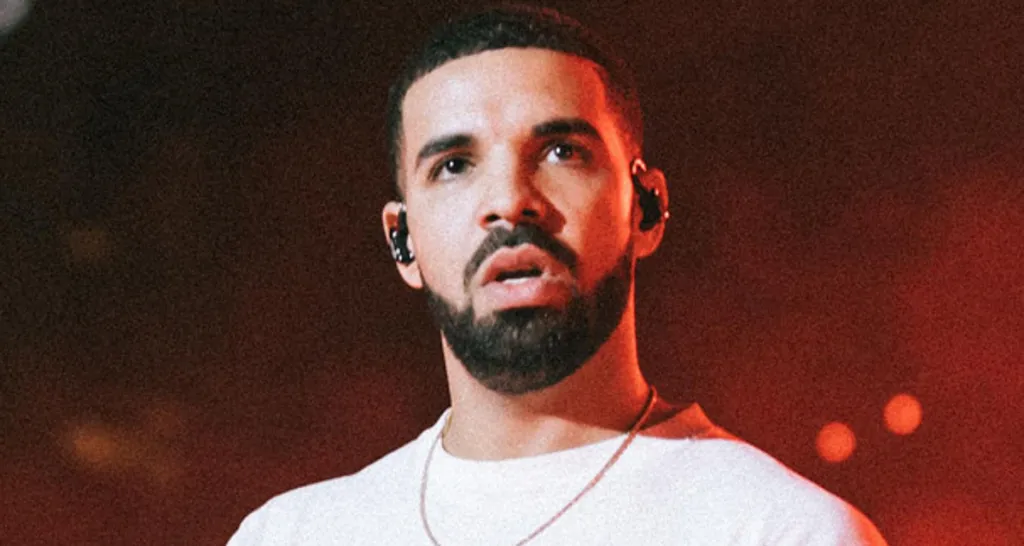
Photo Credit: The Come Up Show / CC by 2.0
With the ugly Drake v. Universal Music defamation lawsuit – and the discovery process – moving forward, both sides have requested and received a protective order covering “highly confidential or proprietary business information.”
The presiding judge signed off on that protective order this afternoon, on the heels of Universal Music’s firmly worded attempt to dismiss the amended complaint. By now, most are at least generally familiar with the high-stakes legal battle and Drake’s “Not Like Us” defamation qualms.
Less widely known, however, are Team Drake’s aggressive discovery demands. As we reported early last month, the plaintiff and his counsel disclosed plans to seek copies of “all” Kendrick Lamar’s UMG contracts, an abundance of internal communications between UMG execs, and a whole lot else.
Against this backdrop, the major label and the Toronto-born artist agreed that their dispute “is likely to involve the production of certain categories of highly confidential or proprietary business information, specifically, previously undisclosed contracts and information regarding business relationships with non-parties to this litigation.”
In the same letter to the judge, a Drake attorney noted that her side and Universal Music alike had proposed “certain, limited changes” to the court’s protective-order model.
Unfortunately for the public, the now-approved order will therefore provide each side with considerable room to label pretty much any contract-related document “attorneys’ eyes only.”
For Universal Music, the attorneys-only designation is expressly allowed when it comes to professional “relationships with other recording artists or non-parties to this litigation.”
That includes but isn’t limited to “confidential financial or payment information, revenue reports, royalty rates, licensing rates, and any other commercially sensitive documents,” the legal text spells out.
On the opposite side of the equation – and perhaps more interestingly – Drake and his attorneys can slap the mentioned designation on “any documents identifying confidential or proprietary business information regarding Plaintiff’s business relationships with non-parties to this litigation.”
As to where things go from here, the discovery wheels are certainly in motion – though assuming a resolution doesn’t materialize, they’ll remain that way for a while yet before an anticipated three-week trial initiates.
Just scratching the scheduling surface, an order last month set a tentative February 13th, 2026, wrap date for fact discovery, compared to a May 29th, 2026, cutoff for expert discovery.
Closer to the present, Kendrick Lamar (who’s technically not a party to Drake’s UMG complaint) is now facing a separate lawsuit, filed this time by Rodney O, over a Drake diss track.
Feature Story, Hip Hop News, Music Industry News, Music Law, 1:25-cv-00399
This post was originally authored and published by Dylan Smith Digital Music News via RSS Feed. Join today to get your news feed on Nationwide Report®.



















